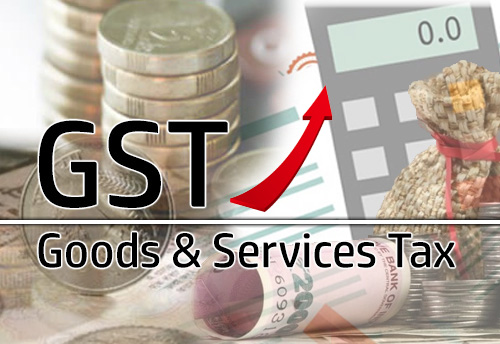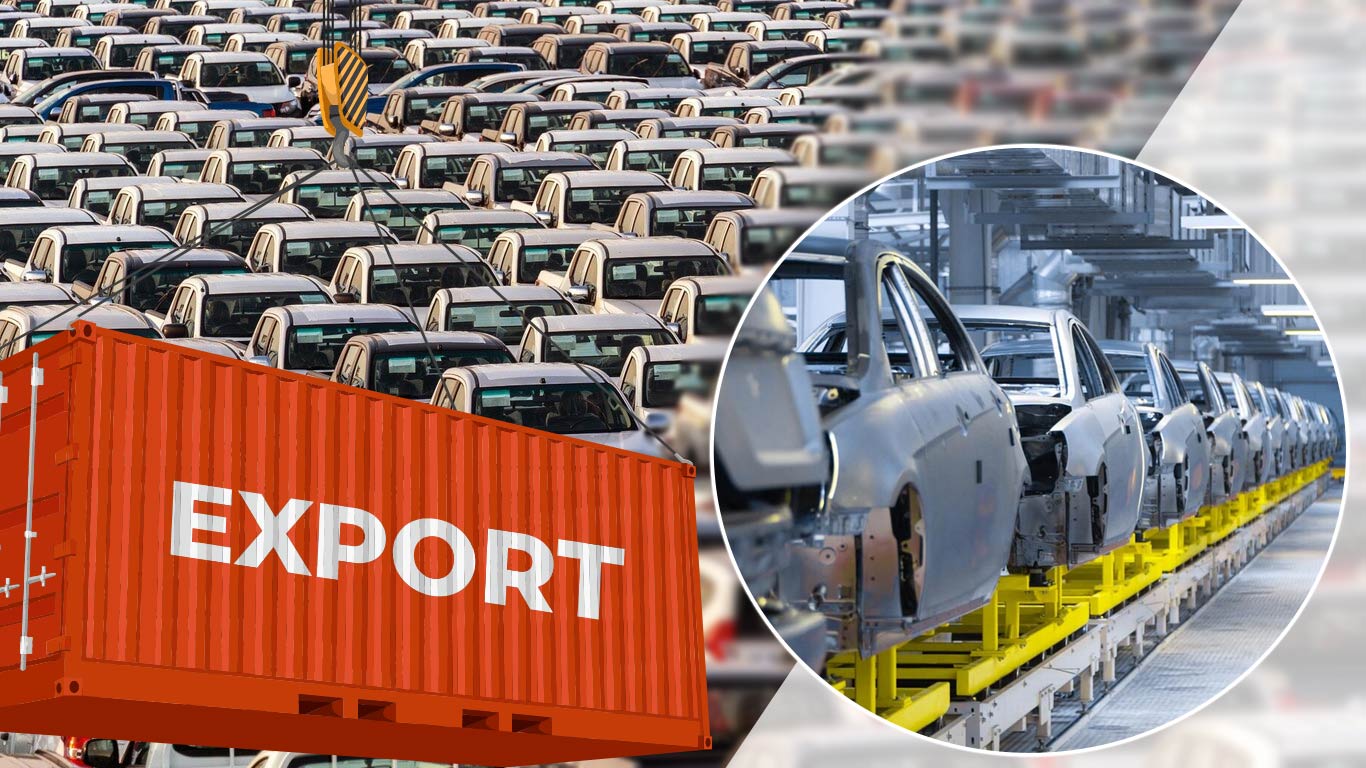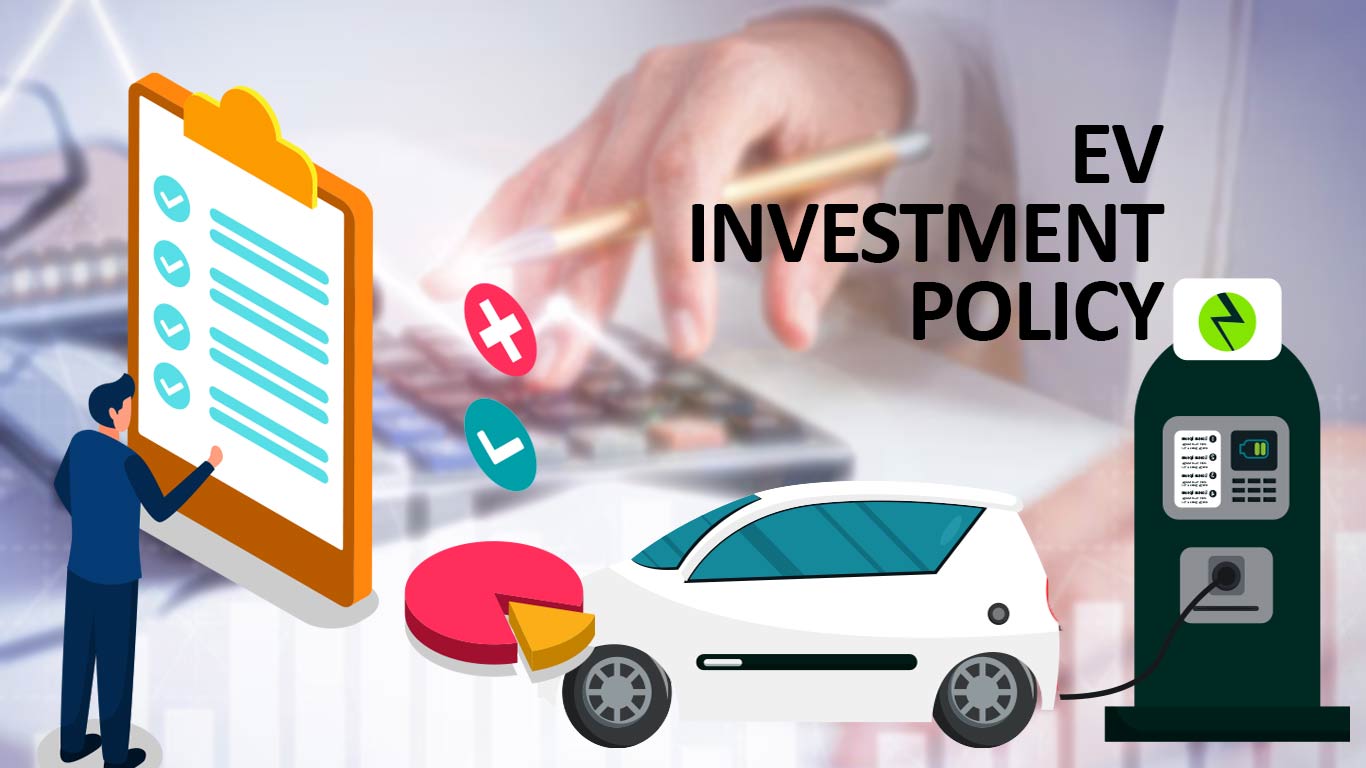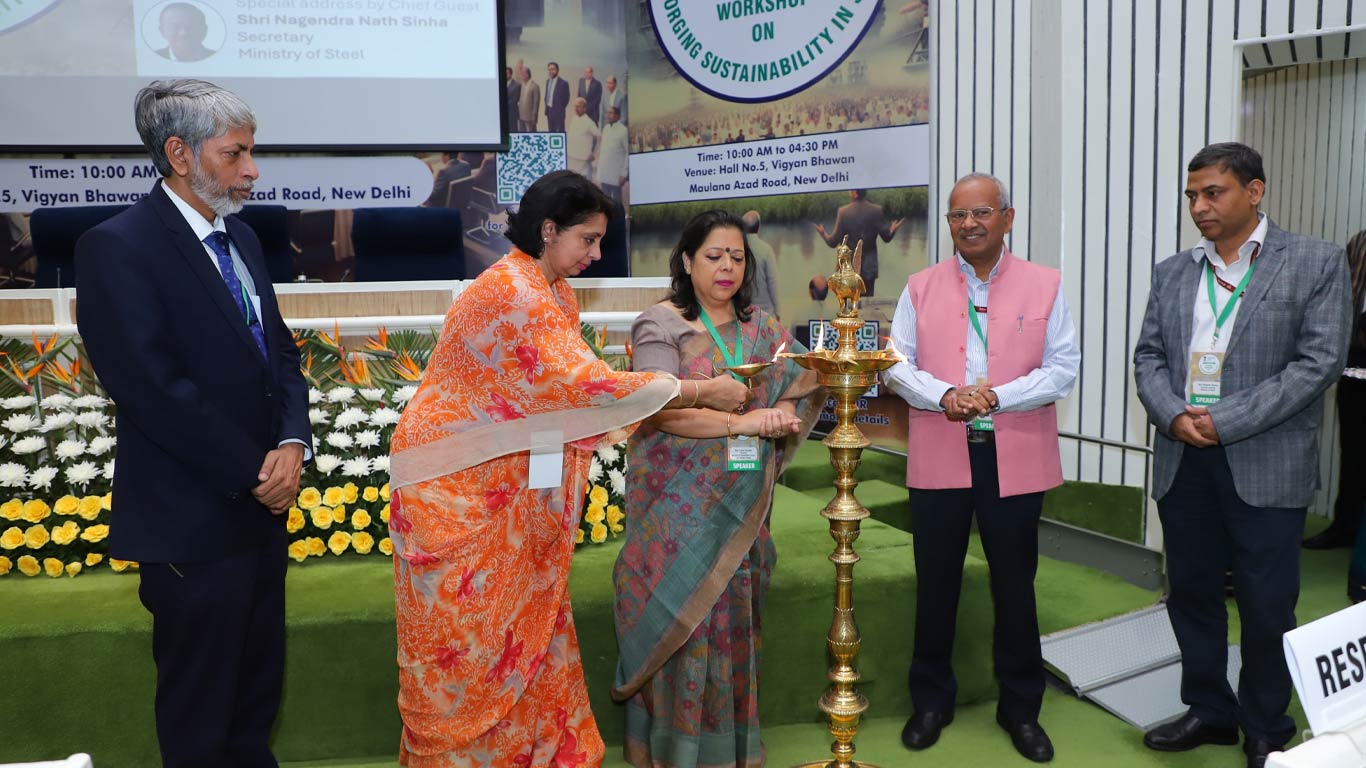AIFPA writes to Finance Minister; expresses concern over GST hike on edibles
Updated: Dec 16, 2019 10:10:14am

AIFPA writes to Finance Minister; expresses concern over GST hike on edibles
New Delhi, Dec 16 (KNN) It seems that food industry is worried on the recent proposition for raising GST rates following which the All India Food Processors' Association (AIFPA) has written to Finance Minister Nirmala Sitharaman citing 'anxiety' among the industry.
The AIFPA has members such as ITC, Mondelez, Haldiram, Bikanervala, PepsiCo, Nestle and various small and mid-sized foods companies.
The letter comes just two days ahead of a GST Council meeting on December 18.
“The industry has been struggling to maintain its operations under severe financial constraints and any increase in GST rates will hit the sector very hard to the detriment of the farmer, industry and Government,” AIFPA said in the letter.
“Industry has been constantly requesting you to shift food products currently taxed at 12% to 5%. The government has not so far agreed to this request and now, on the contrary, the industry is faced with the unjust proposal of increasing GST rates,” the letter, dated December 12, reads.
Key commodities such as tea, coffee, frozen vegetables and medicines, which fall in this tax slab, will get dearer burning a deep hole in common man's pocket.
Consumer's grocery bill will surely jump, if the GST council decides to increase the current 5% tax rate on essential products and services to 6-8% at its meet on December 18.
Presently, all products and services fall under four tax slabs - 5, 12, 18 and 28%. An upward revision of the slabs would help the government to get an additional revenue of Rs 1,000 crore a month.
GST collections have been lower than expected and the government is looking to boost revenue amid an ongoing economic slowdown.
Apart from food Mobile phones, fabric might too get costlier as in order to boost revenue collection, the goods and services tax (GST) on these items may be hiked by the GST Council.
According to various media reports, the structure of higher tax rates on inputs than on final products is resulting in a huge input tax credit outgo. The items which have seen an inverted duty structure include fabric bags, shoes, tractors etc.
The GST rate on phone parts and batteries is 18 per cent whereas on the final product i.e. mobile phones, the same is 12 per cent, triggering an inverted tax structure which leads to un-utilized input tax credit and hence issuance of refunds by the government.
---------------------











